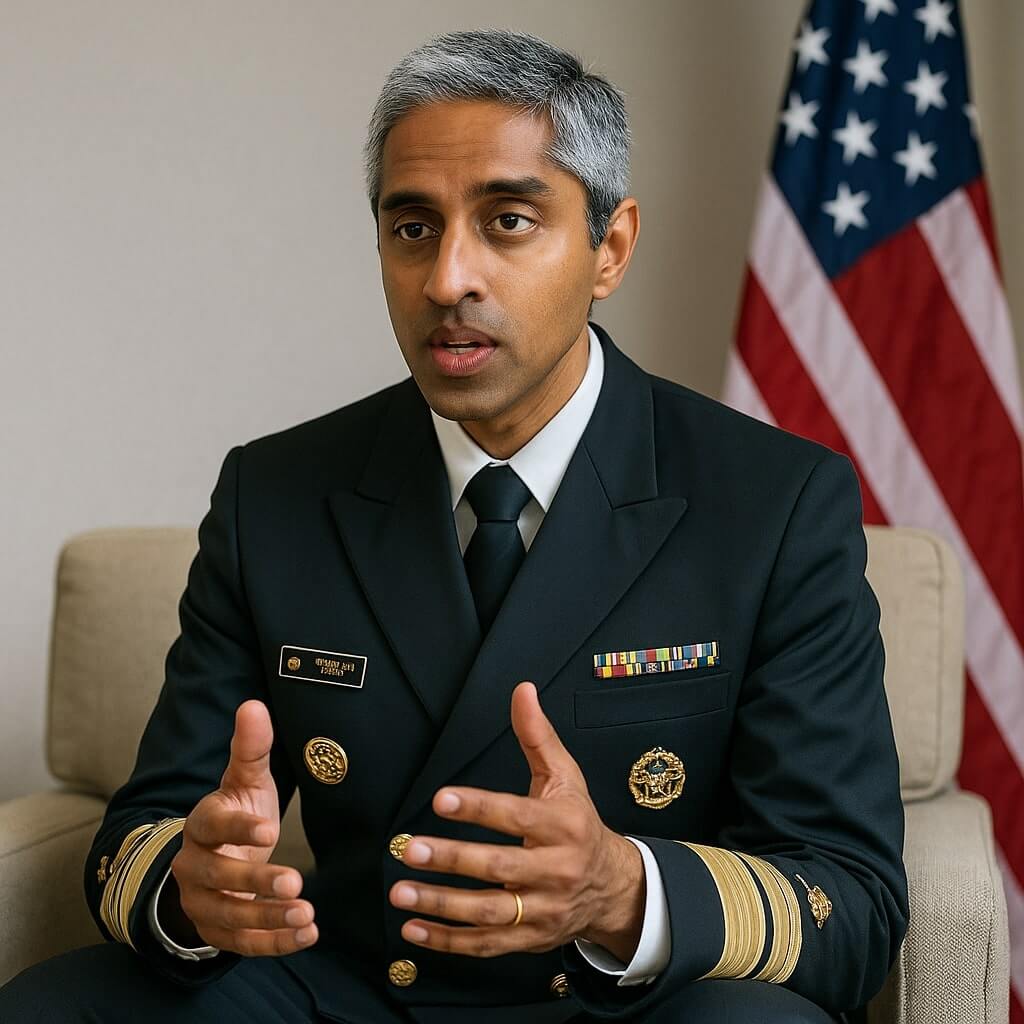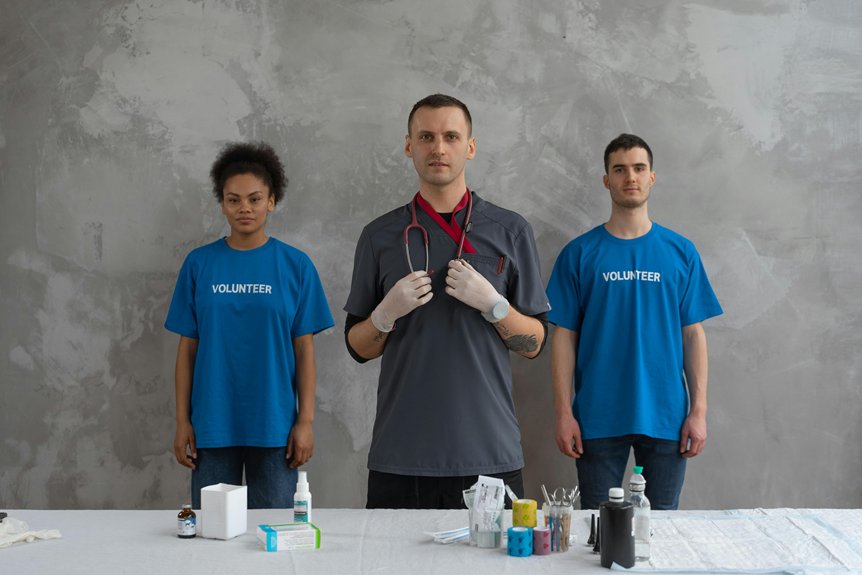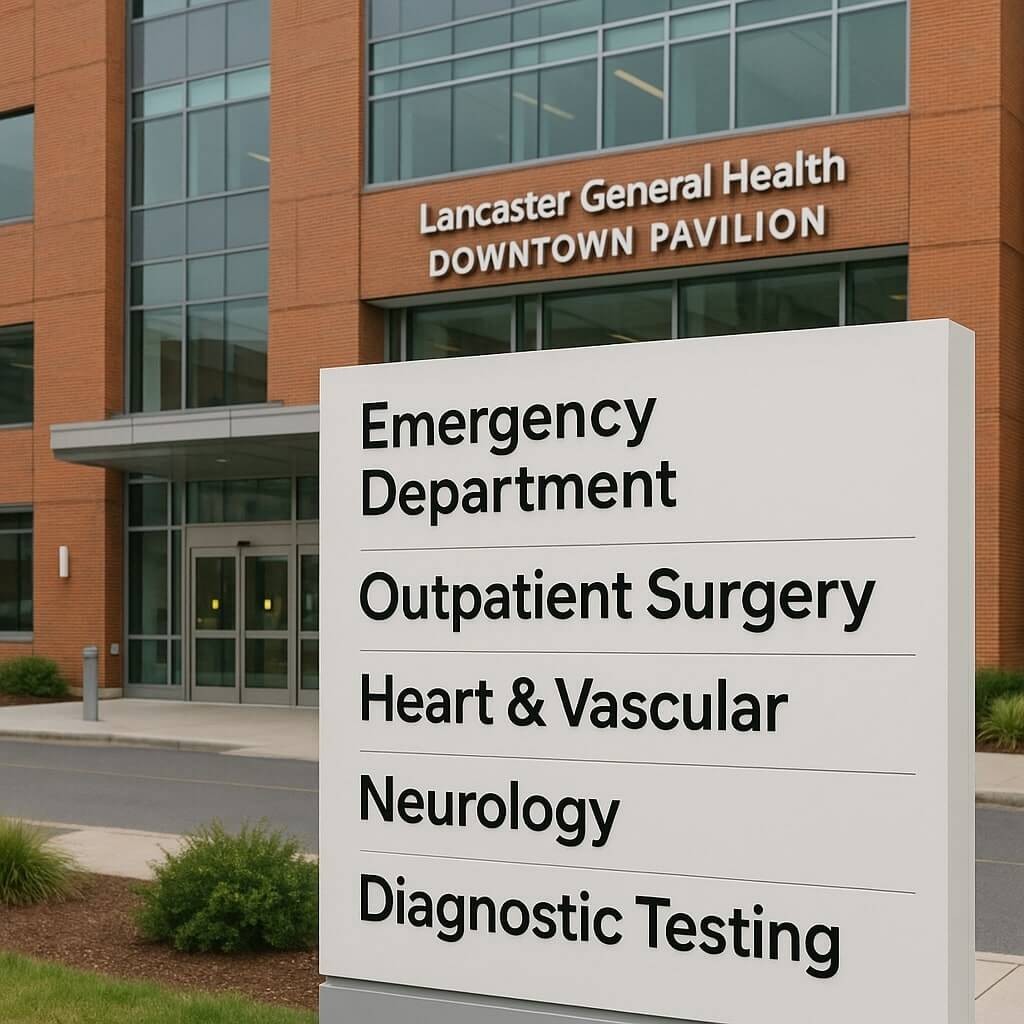The U.S. Surgeon General plays a pivotal role in mental health advocacy, focusing on raising awareness and reducing stigma surrounding mental illness. By spearheading public health campaigns and fostering partnerships, the Surgeon General promotes access to essential mental health resources. As the landscape of mental health continues to evolve, understanding this role’s impact and future direction is significant. What strategies are in place to address the increasing mental health challenges faced by communities today?
Key Takeaways
- The Surgeon General advocates for mental health awareness, emphasizing its importance and addressing stigma associated with mental health issues.
- Collaborations with mental health organizations enhance public outreach and access to mental health resources and support services.
- The Surgeon General promotes legislation that prioritizes mental health initiatives and fosters community-based prevention and intervention strategies.
- Public awareness campaigns aim to educate communities about mental health, encouraging help-seeking behaviors and sharing personal stories to humanize challenges.
- Emphasis on technology-driven solutions, like teletherapy, improves accessibility and personalization of mental health care for diverse populations.
Historical Overview of the Surgeon General’s Role
Since the establishment of the Surgeon General’s office in 1871, the role has evolved considerably, especially in the domain of public health advocacy.
Initially focused on military health, the office expanded its mission to address broader health issues in the United States. This historical context reveals a significant leadership evolution, where the Surgeon General shifted from a primarily administrative role to becoming a prominent public health spokesperson.
The Shift Toward Mental Health Focus
You’ve likely noticed a growing emphasis on mental health in public discourse, driven in part by the Surgeon General’s increased awareness campaigns.
These initiatives not only highlight the importance of mental well-being but also influence policy development aimed at improving mental health resources.
As a result, you can see a significant shift in how mental health is prioritized across various sectors.
Increased Awareness Campaigns
As mental health issues gain recognition as a public health priority, increased awareness campaigns are emerging as an essential tool for advocacy.
These campaigns foster understanding and reduce stigma surrounding mental health, encouraging individuals to seek help. By promoting increased accessibility to mental health resources, you’re empowered to engage with services that can transform lives.
In addition, these initiatives cultivate community support, enabling people to connect and share experiences. The Surgeon General plays a pivotal role in amplifying these messages, ensuring they reach diverse audiences.
Ultimately, these efforts create a more informed society, prioritizing mental well-being for all.
Policy Development Initiatives
Increased awareness campaigns lay the groundwork for significant policy development initiatives aimed at prioritizing mental health.
As you engage with these initiatives, you’ll notice a shift in mental health policies that reflect growing advocacy strategies.
- Enhanced funding for mental health services
- Integration of mental health into primary care
- Promotion of mental health education in schools
- Development of community support programs
- Expansion of telehealth services for mental health care
These strategies not only address current challenges but also foster a culture that values mental well-being, ensuring that mental health becomes a fundamental aspect of public health discussions and policies.
Key Initiatives and Campaigns
You’ll find that the US Surgeon General has launched several key initiatives aimed at improving mental health nationwide.
These include a National Mental Health Strategy that sets clear goals, impactful public awareness campaigns to reduce stigma, and a strong focus on youth mental health.
Together, these efforts aim to foster a culture of understanding and support for mental health issues across all demographics.
National Mental Health Strategy
While addressing the urgent need for mental health support, the National Mental Health Strategy encompasses a range of key initiatives and campaigns aimed at enhancing awareness and access to mental health services.
These efforts align with national priorities and promote mental wellness across communities.
- Expanding access to mental health resources
- Strengthening collaborations with local organizations
- Advocating for policy changes that support mental health funding
- Providing training for healthcare professionals on mental wellness
- Launching community-based programs to reduce stigma
Public Awareness Campaigns
Public awareness campaigns play an essential role in shaping societal perceptions of mental health and reducing stigma surrounding mental illness.
You can see how initiatives led by the US Surgeon General utilize public engagement and community outreach to foster understanding and empathy. Campaigns like “Talk. They Hear You.” encourage open conversations about mental health, empowering individuals to seek help.
Youth Mental Health Focus
Recognizing that mental health challenges often emerge during adolescence, the US Surgeon General has prioritized youth mental health through various key initiatives and campaigns.
These efforts emphasize youth engagement and preventive strategies to foster resilience and support.
- National Youth Mental Health Awareness Month
- Extensive mental health education programs
- Partnerships with schools to provide resources
- Social media campaigns to promote mental well-being
- Community workshops focused on early intervention
Collaborations With Mental Health Organizations
As the U.S. Surgeon General, you play a pivotal role in forming collaborative partnerships with mental health organizations.
These alliances are essential for addressing the mental health crisis effectively. By working together, you can leverage resources, share best practices, and amplify advocacy efforts.
Such collaborations enhance public awareness and improve access to mental health services, ensuring that communities receive the support they need.
Collaborative efforts boost public awareness and access to mental health services, ensuring communities have the vital support they need.
Engaging with organizations like the National Alliance on Mental Illness (NAMI) and the American Psychological Association strengthens your initiatives, allowing you to create impactful programs that promote mental well-being and foster a more supportive environment for those in need.
Addressing Stigma and Promoting Awareness
Stigma surrounding mental health issues affects one in five Americans, creating barriers to seeking help and support.
The US Surgeon General plays an essential role in combating this mental health stigma through various initiatives. By promoting awareness programs, you can help create an environment where individuals feel safe to speak up about their struggles.
Consider these impactful actions:
- Share personal stories to humanize mental health challenges.
- Educate communities about the realities of mental health.
- Promote open discussions in schools and workplaces.
- Collaborate with influencers to broaden outreach.
- Support legislation that advances mental health awareness initiatives.
Your involvement can make a difference.
Policy Advocacy and Legislative Efforts
While many Americans struggle with mental health issues, the US Surgeon General’s advocacy for policy change is essential in addressing these challenges at a systemic level.
By promoting mental health legislation, the Surgeon General can influence lawmakers to allocate resources and improve access to care.
Effective advocacy strategies include collaborating with mental health organizations, engaging community leaders, and utilizing data to highlight the urgent need for reform.
These efforts guarantee that mental health remains a priority on the national agenda, ultimately leading to improved outcomes for individuals and communities.
Your support for these initiatives can make a significant difference in driving meaningful change.
The Impact of COVID-19 on Mental Health Advocacy
The COVID-19 pandemic has markedly reshaped the landscape of mental health advocacy, highlighting both existing disparities and the urgent need for systemic change.
You’ve likely felt the effects of pandemic stress, which has amplified mental health challenges across the board.
As a result, advocacy efforts are focusing on:
- Expanding access to telehealth services
- Reducing stigma around mental health issues
- Promoting emotional resilience strategies
- Addressing disparities in mental health care
- Supporting frontline workers’ mental well-being
These initiatives are essential for fostering an environment where everyone can thrive, ensuring mental health advocacy remains a priority in recovery efforts.
Future Directions for Mental Health Initiatives
As we look ahead, it’s clear that innovative mental health initiatives will be vital for addressing the evolving challenges individuals face.
Future trends indicate a growing emphasis on technology-driven solutions, such as teletherapy and AI-based mental health tools. These programs can enhance accessibility and personalization of care, catering to diverse populations.
Future developments highlight the importance of tech-driven mental health solutions, improving accessibility and tailoring care for varied communities.
Furthermore, community-based initiatives will play an important role, fostering connections and support networks. By prioritizing prevention and early intervention, we can mitigate mental health issues before they escalate.
The US Surgeon General’s advocacy must champion these innovative programs, ensuring they’re backed by research and integrated into thorough health policies.
Conclusion
To sum up, the U.S. Surgeon General plays a pivotal role in elevating mental health advocacy by prioritizing awareness, reducing stigma, and promoting access to resources. Through targeted initiatives and collaborations, the Surgeon General addresses the diverse needs of individuals, ensuring mental well-being remains central to public health discussions. As mental health challenges evolve, ongoing efforts and innovative strategies will be essential in shaping a future where everyone has the support they need to thrive.




